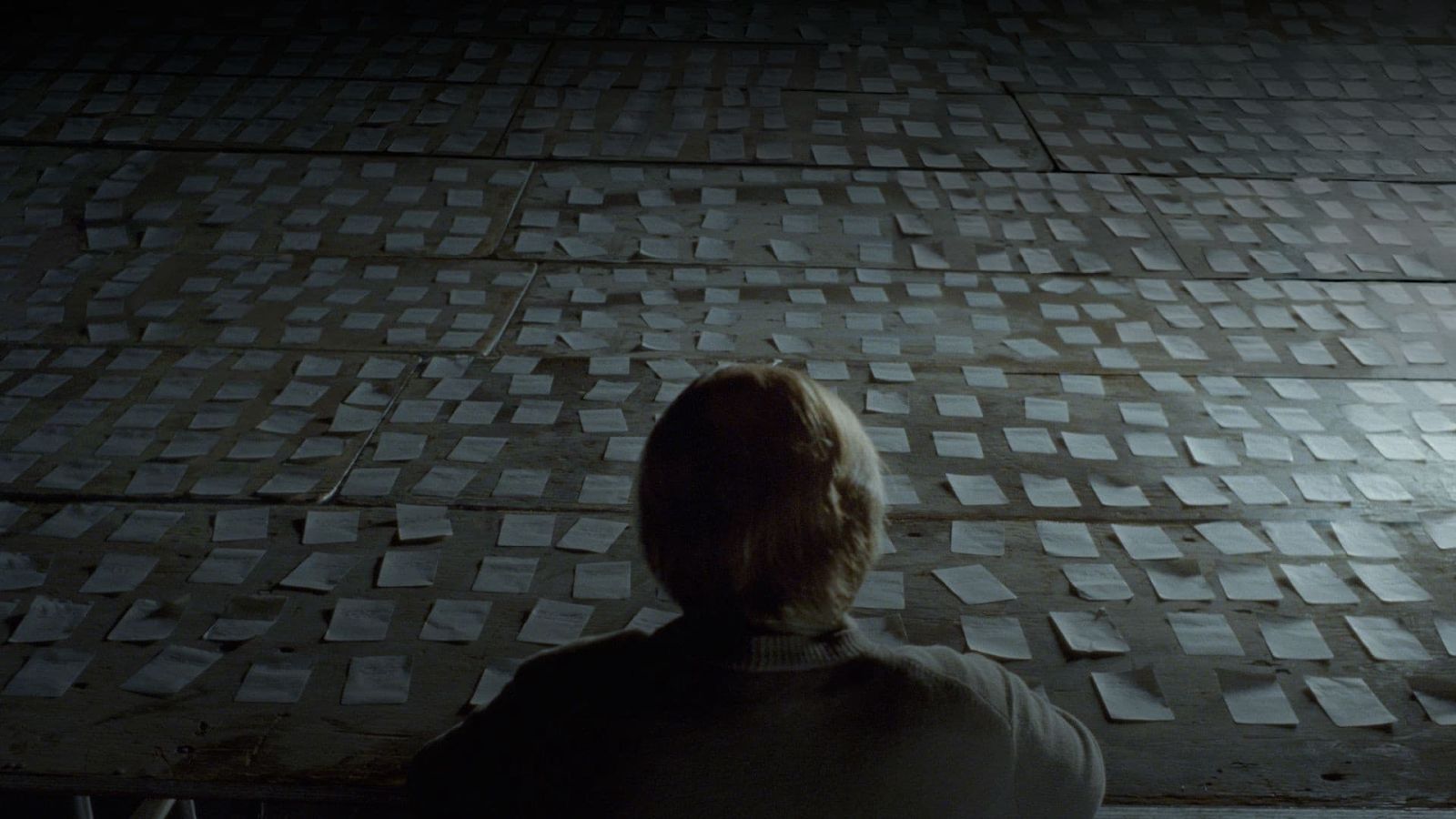On Storytelling
by JP Tampe, Form VI
3 min. read — March 24, 2022
I wrote seventy pages and planned to write at least two-hundred more, with four sequels to follow. I was to become launcher of a new multimedia sci-fi franchise and the first-ever best-selling twelve-year-old novelist. Then reality caught up. In fact, I have no better explanation for why I suddenly put down my pen and never again wrote a page of that first installment. Although maybe I’d simply lost interest, spurred by a new whim as fifth-graders often are. I don’t really remember.
I do remember my excitement over the story and world I was unraveling. Writing those pages never felt like a responsibility or an accomplishment—though I look back at my commitment with envy since staring at blank Google Docs files hoping for inspiration is a more recent pastime. While I may have lost interest in that particular story—and in hindsight with good reason—I haven’t lost that sense of excitement over going to places populated with people living lives utterly distinct or not-too-dissimilar from my own.

For me, storytelling is a means to explore and celebrate our experience as human beings living in an ever-elusive existence, an existence I believe should be at the root of any of our fascinations as people alive on this Earth. I consider each story told a little exchange between different pockets of existence, a new one interacting with one's own. Stories expand and enlighten our own miniscule pockets, made ever-so-slightly greater in the context of something else. And if one thing’s sure, it’s that there’s something instead of nothing. In each of us is a bit of that something. To storytell and hear stories is to unlock the tiniest bit more of it.
As an example, I was, like most these days, raised watching movies. Always at least a momentary distraction or temporary escape, movies were an outlet for my time. More recently, I came to appreciate film as another, if not my favorite, medium of storytelling. The expansive world of cinema unraveled before me as I applied the principle of storytelling to the way I viewed film.
And then I found Synecdoche, New York. I like surrealism, I thought, as I read its description. I watched, and then I hated. It’s a pile of nonsense and nihilism, I thought as the credits rolled, an overwrought story with a dispiriting statement about how our lives are doomed to mediocrity and unfulfillment. What a waste of time. But along with the distaste I felt for what I had seen, I was deeply saddened. That night, I couldn’t enjoy playing video games with my friends.
I thought about the film the next day, and then the day after, and then the day after. I couldn’t stop thinking about how bad it was and how bad it made me feel, so I wrote 1800 words about where the movie went wrong—and as I mentioned before, getting words onto a Google Doc can be a process. Though its supposed message failed to resonate with me, it profoundly affected and moved me unlike anything I’d read or seen before. And so, though I detested it, I saw it again. How sad, I thought as the credits rolled once more, that the most interesting film I’ve seen is so bad. And then I saw it again.
My pocket of something had grown a little larger; Synecdoche worked.